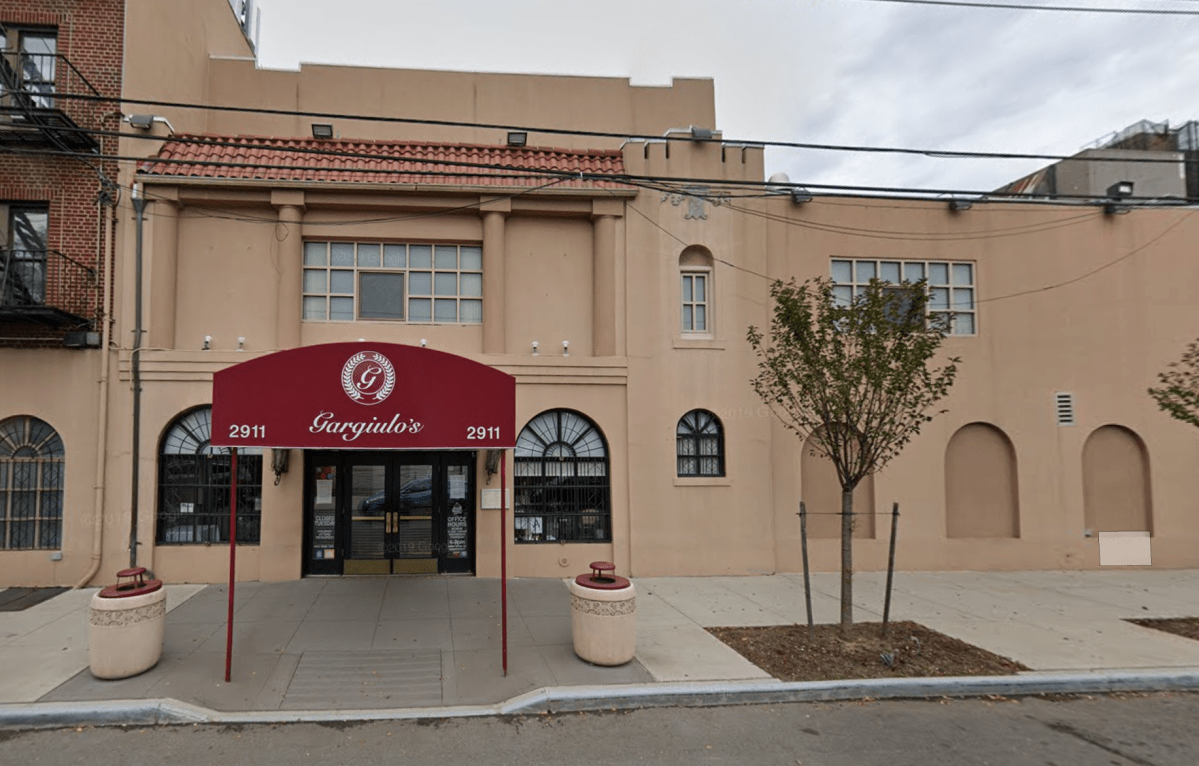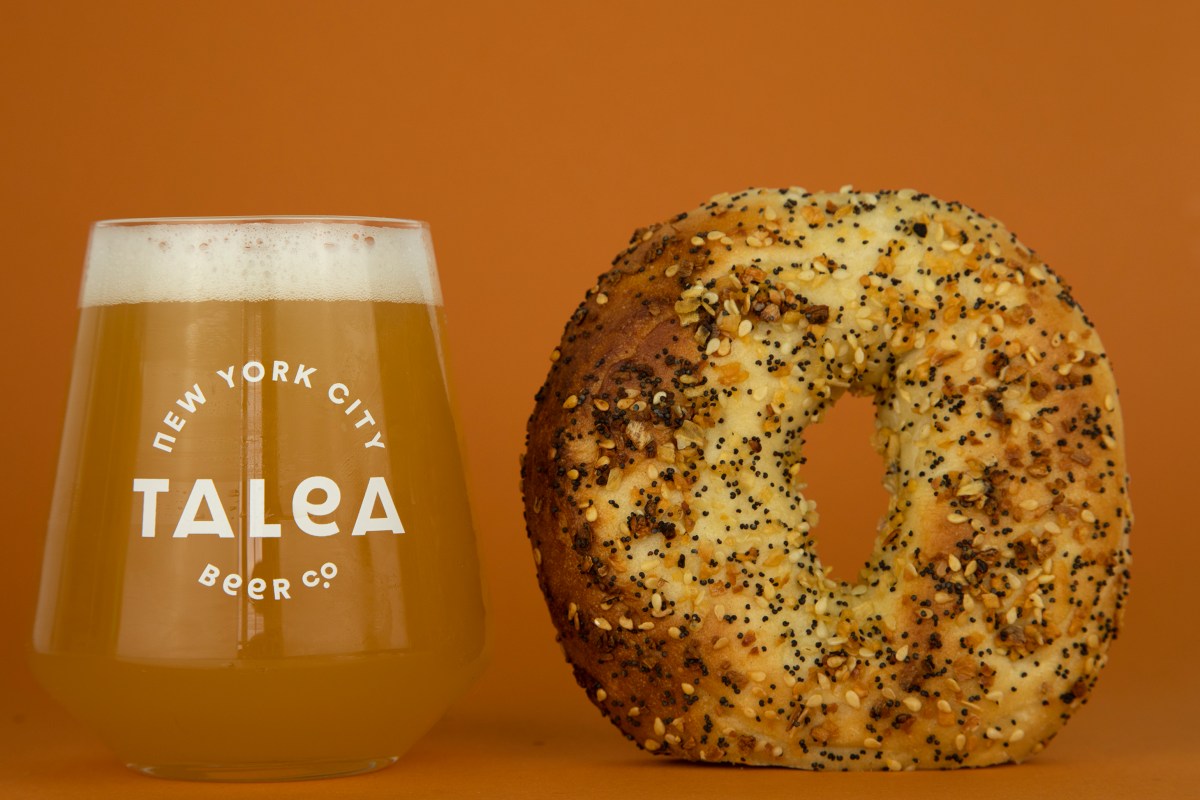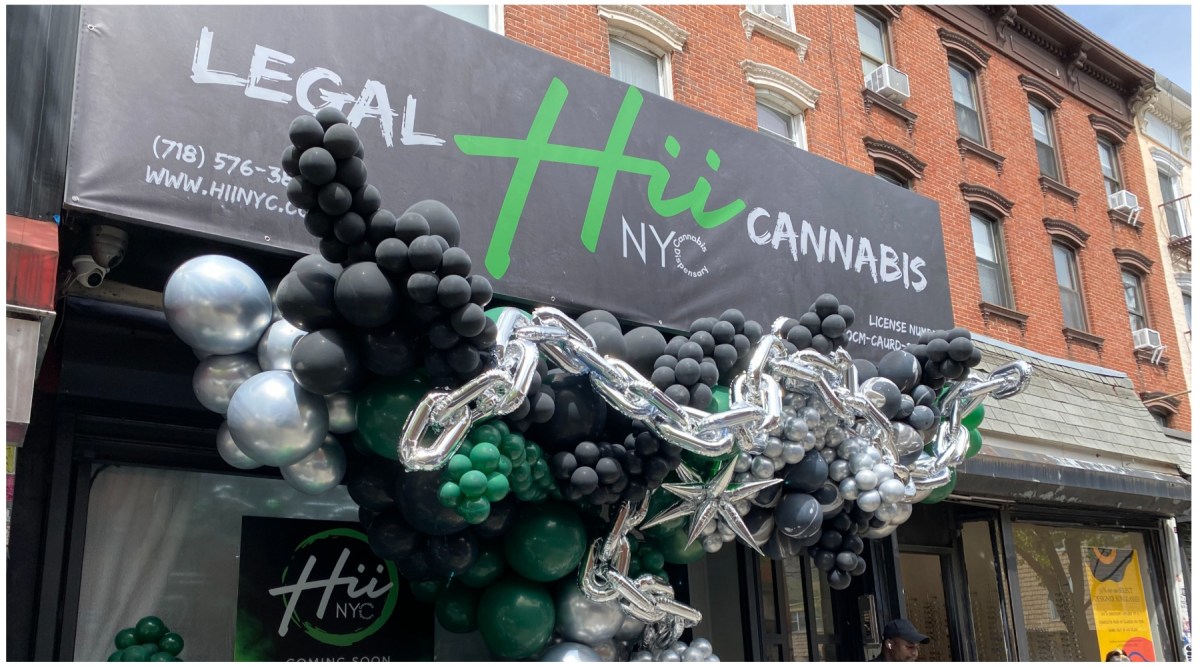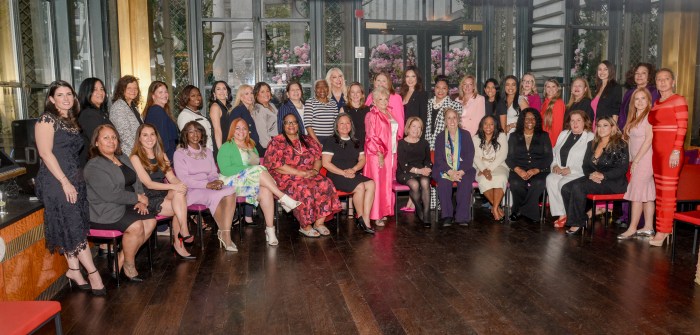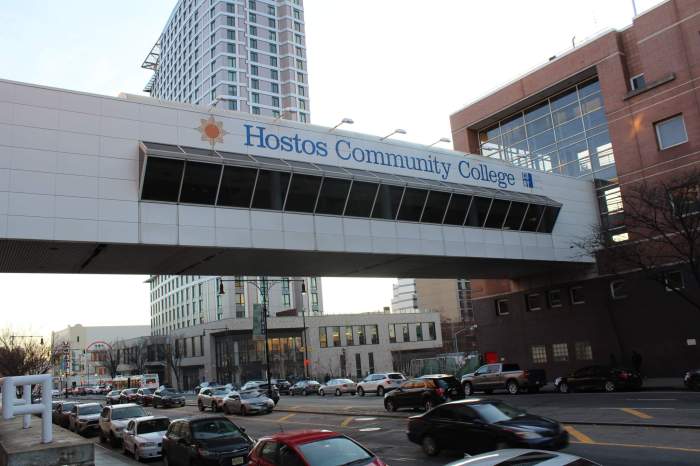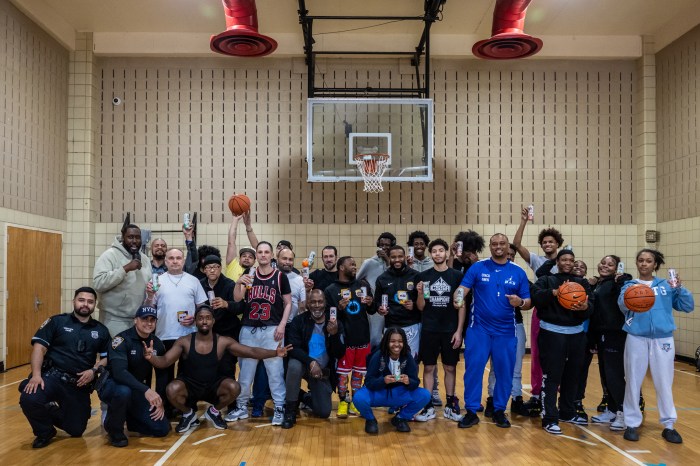THE NEW SCHOOL
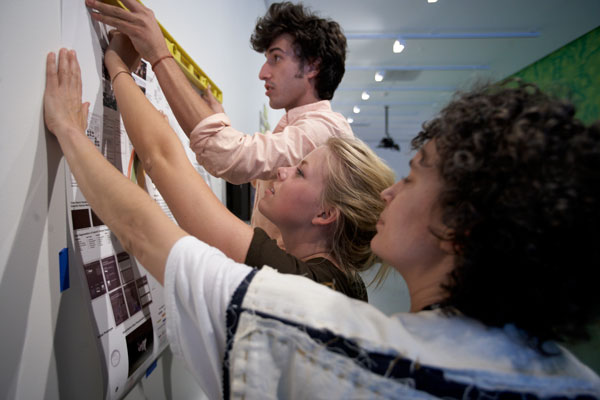 [/media-credit]
[/media-credit]
The university’s founders understood that higher education must evolve to meet changing demands. Anyone pursuing an education today — whether a full-time undergraduate degree, a part-time post-master’s certificate or a continuing education course — should be prepared to contribute to the creative economy. We are well beyond the time when manufacturing generated many jobs, and the financial sector employs fewer and fewer people every year. But the creative engine driving our economy is still revving up. To succeed, students must understand how to design, how to manage, and how to sustain more complex systems of knowledge. That is the direction in which The New School is heading.
The creative economy is an enterprise system based on ideas, not resources. For one student, participating in the creative economy may mean introducing a new product to consumers interested in sustainable production. For another, it may mean understanding how microfinancing can help a community grow its own food, preserve its housing and improve its schools. In assessing the career prospects of current New School students, I have seen numerous projections of dramatic growth in design, management and sustainability jobs. Put succinctly, the best opportunities in the future will go to those who can create new products, services and ways of doing things.
I believe The New School can lead the transformation these changes will require. The university was founded on innovation, creativity and a challenge to the status quo, and on the principle of public engagement. Many of our historic strengths are in the very fields that will play a major role in designing, managing and sustaining the new economy: architecture, urban studies, organizational change management, psychology, media studies and product design, to name just a few. Never content with stasis, the university has adapted its curriculum to embrace new areas of study that respond to this new economy. A few weeks ago, we welcomed our first master’s degree students in environmental policy and sustainability management. In the fall, we will launch master’s programs in strategic design and management, urban practice, and design and urban ecologies, among others. Graduates of these programs will start off with the tools not only to navigate this economy, but to emerge as its leaders.
Greenwich Village is in many ways the foundry of the creative economy. Its legacy of artists, poets, playwrights, philosophers and lifelong learners continues to shape the neighborhood today. The New School is based in Greenwich Village because it is of Greenwich Village. For nearly 100 years, we have sent actors, musicians, political economists, environmentalists and creative thinkers from every discipline into the community, and we continue to welcome the community into our classrooms. Our public programming, our progressive voice and our role within the city’s cultural vanguard will only grow as the transition to a creative economy gathers speed.
It is this university’s responsibility to keep one, or perhaps 100, steps ahead of change. I am proud that many of our students — and their instructors — have been vocal participants in the Occupy Wall Street movement and have shared their anxiety about college loans and career prospects; they clearly understand that institutions need to evolve in order to survive. I believe the education we offer is well worth the price because The New School, on the move as usual, is making investment in the imaginative, artistic and practical fields of knowledge that will meet the demands of the creative economy.
Van Zandt is president, The New School












